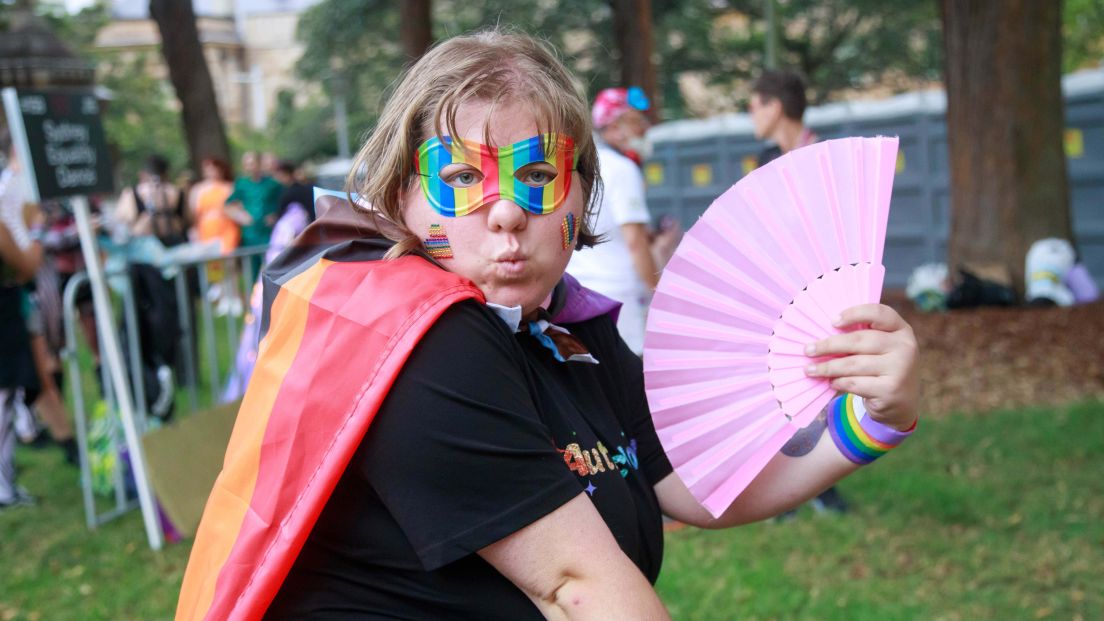When you are caring for a child on the autism spectrum, it can be easy to forget about your own mental health. It is important to remember that you can help your child cope with stress and anxiety by looking after yourself too.
Find ways to enhance your energy, build your resilience and restore your health so you can support your child and family by eating well, exercising and giving yourself permission to take time out just for you.
So how do you find that time and keep it for yourself?
We asked two Aspect Therapists for tips.
"Self-care is about daily activities that help to look after your mental health and promote a sense of wellbeing within yourself.
Taking the time to check in with your mind and body isn’t a bad thing. In fact, the pursuit of health and happiness is far from selfish – it is about surviving and being resilient in times of stress.”
The good news is the right kind of self-care doesn't have to be costly in time or money — and you might already be doing some without knowing it.
“Promoting your own physical, mental and emotional health should be a conscious act. It is an ongoing commitment to look after yourself. Self-care doesn’t look the same for everyone but should assist us to sharpen our mental and physical health through better self-esteem, stress management, and overall well-being.”
Even taking 5 or 10 minutes a day to engage in a self-care activity can make improvements to wellbeing and health.
Ten Tips for Self Care
- Nourish yourself by eating well
Choose a range of colourful fruit and vegetables with your meals. By fuelling your body with nutritious food will help you to restore your health and feel better on the inside. - Create a cosy space
Create a space in your home that you can retreat to for some rest and relaxation. A corner in the sunlight or even in your bedroom. You can decorate this space with some cushions or a plant. By building a space that feels warm and inviting, you establish an inviting retreat where you can unwind. - Move
Getting active increases feelings of happiness through endorphins. Find a form of physical activity that works for you. Go a morning walk, try a new yoga class online, or go on a bike ride. - Build a self-care kit
Fill a box with some of the things that make you feel special. It could be a photograph, nail polish, magazine or a new pair of socks. Keep your treasure box handy for when you need to self soothe. - Call a friend
Call that friend who always makes you smile and tell them how much they mean to you. Connecting with someone who knows you can give you that sense of being heard and understood. - Listen to music
Put your headphones on and play your favourite song from when you were younger. Browse some new tracks and you pick your new favourite! - Go outside
Take a technology break and go outside in the sunshine (being sun smart). Being around nature with some greenery around you can have mental health benefits. - Declutter
Pick one room and look at three items to recycle or donate. For example, pick three items from your wardrobe that you no longer wear, or three toys your child has outgrown. - Create a compliments file
Write down the nice things that people say about you. Revisit these compliments when you are feeling stressed or overwhelmed. - Ask for help
No matter how big or small, ask for support when you need it.
Getting help and more information
Visiting your doctor is a good place to start if you’re concerned with your mental health. Your GP can refer you to a mental health professional who can provide support and make a formal diagnosis.
A good resource for carers is the Carers Gateway: https://www.carergateway.gov.au/

